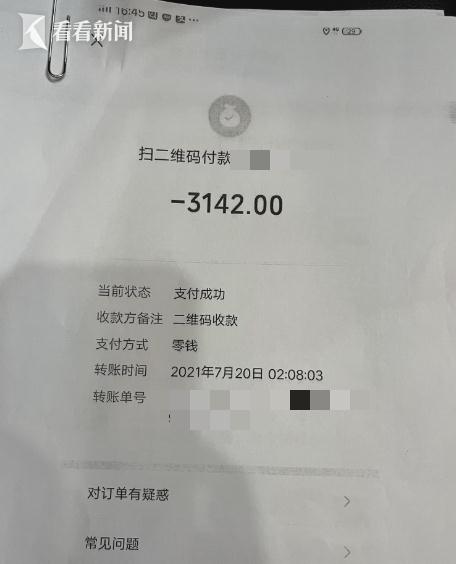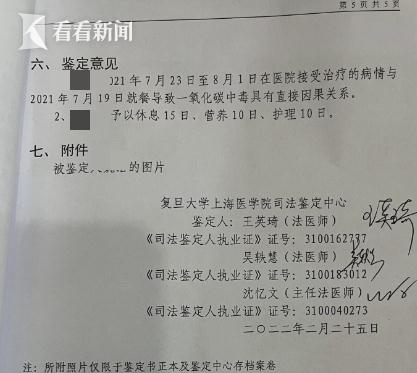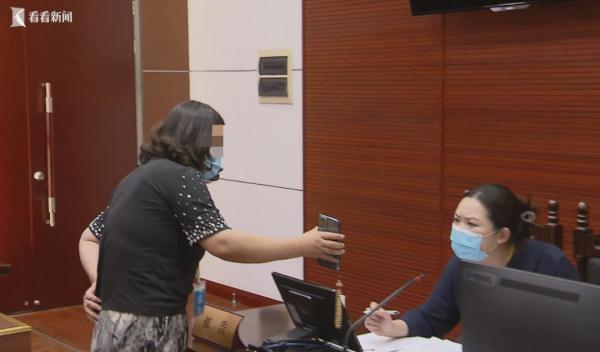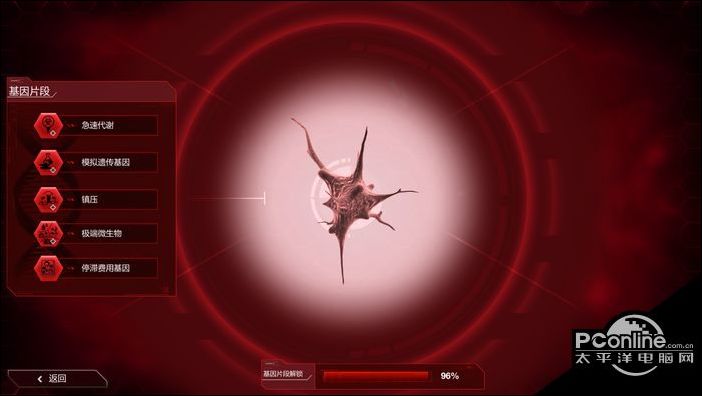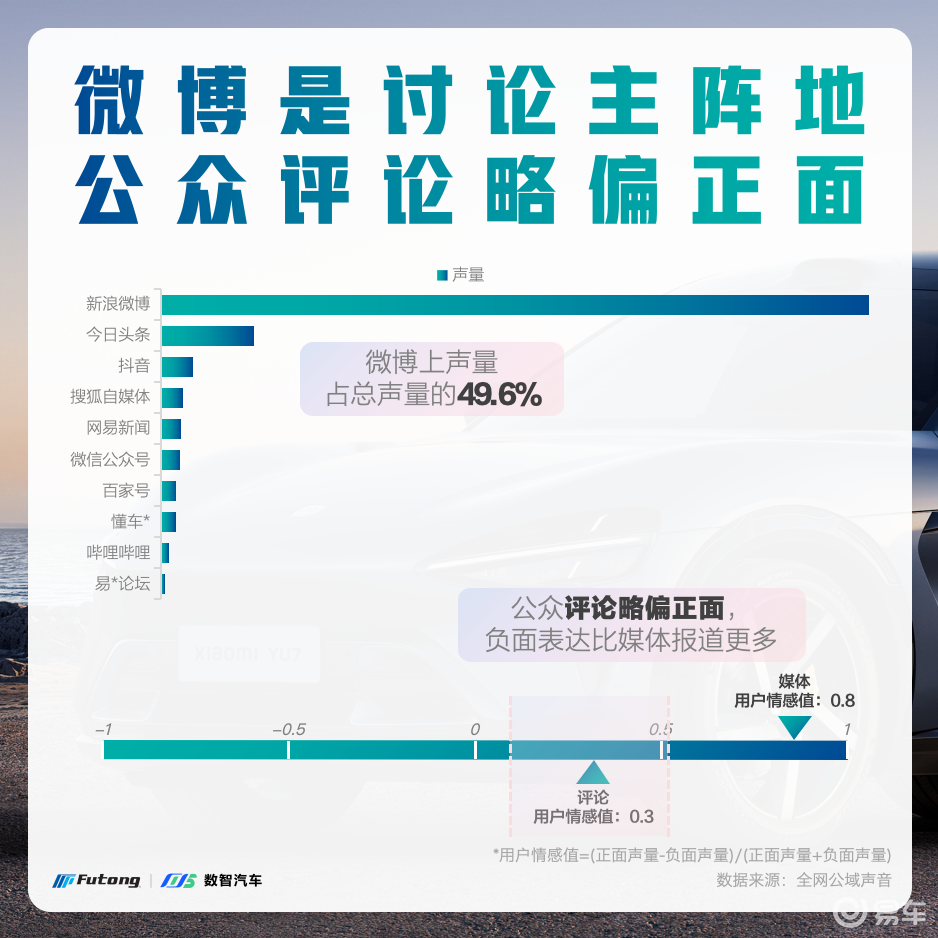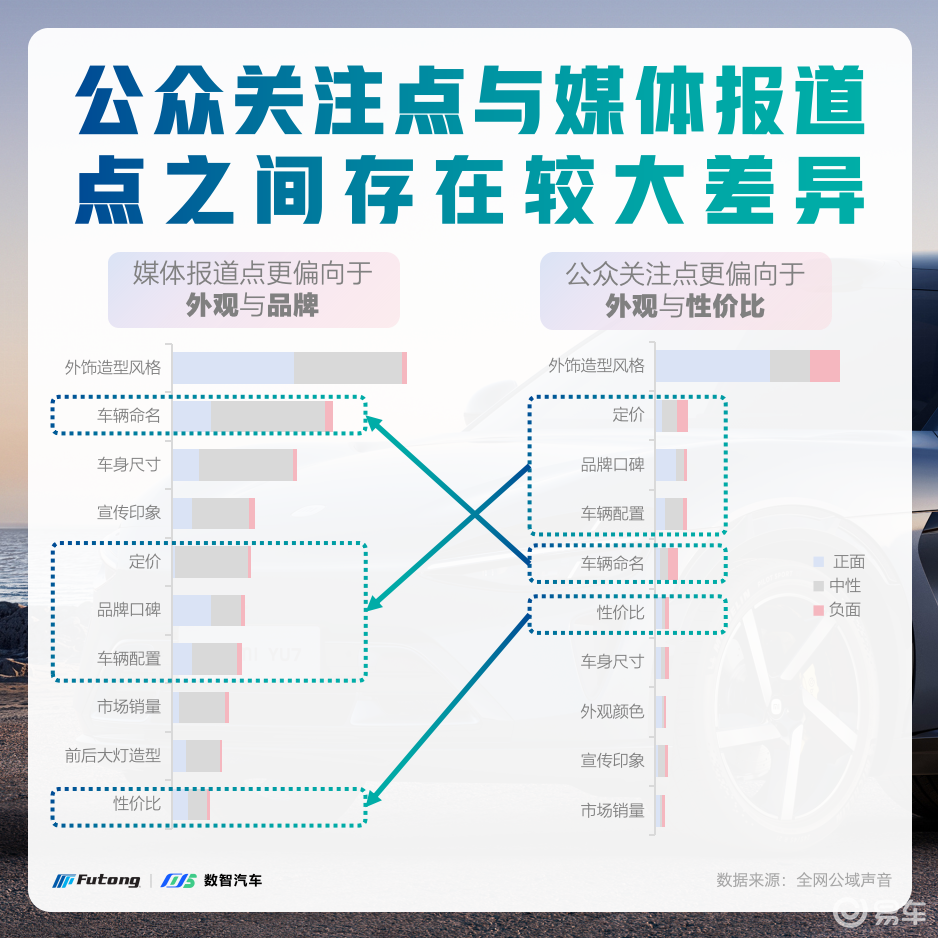Li Hong, member of Chinese People’s Political Consultative Conference and deputy general manager of China Aerospace Science and Technology Corporation, said: "Success is the belief."
[Magnificent 70 years of struggle, one of the new era.Power jackIf the column is opened]
In the endless history, perhaps no country has ever undergone great changes in such a short time like New China. Once upon a time, the backbone of this big country was bent; Now, China has already strutted towards the center of the world stage.
Looking up at the starry sky, the "starry sky" belonging to China shines; Exploring the ocean, the domestic aircraft carrier set sail in the blue waves; Across the rivers and the earth, from the Three Gorges Project, the Hong Kong-Zhuhai-Macao Bridge to the extension of high-speed rail and the improvement of highway network, century-old projects have continuously presented China to the world. China, relying on its own strength, has solved the problem of feeding nearly 1.4 billion people, with abundant grain and stable agriculture, prosperous times and peace; We also rely on the tenacity of "unyielding" to open up new space in the field of "high precision". Breakthroughs such as the high-speed particle collider, quantum satellite and "Eye of the Sky" have won China the right to speak to the world.
"A big country must be in its own hands." The forceful words of the Supreme Leader General Secretary are inspiring. Behind these, in addition to relying on countless people to "work hard for this, change the hair into a white head"; It needs the support and persistence of roads and systems with China characteristics.
On the occasion of the 70th anniversary of the founding of New China, we launched a series of reports on "Magnificent 70 Years Struggle for Great Powers and Heavyweights in the New Era", approached the participants and witnesses of these "heavyweights", listened to the stories and details of "Great Powers and Heavyweights" together, and reviewed the 70 years we have gone through together.
[Introduction]
Once upon a time, space was lonely. Looking up, there were only the twinkling stars and a crescent moon, but the longing was out of reach. For thousands of years, both the "the Goddess Chang’e flying to the moon" and the "Flying" in Dunhuang murals all represent Chinese’s yearning for exploring the universe.
Time flies. Since the founding of New China 70 years ago, from the breakthrough of "two bombs and one satellite" to Chinese astronauts roaming in space, from Beidou navigation to Chinese’s own global navigation and positioning system to "Chang ‘e" and "Jade Rabbit" to Wan Li’s lunar exploration, from the observation of cosmic rays by "Eye of the Sky" and "Wukong" to the application of "Fengyun" and "High Score" … China’s pace towards space is steady and firm, and the once cold and lonely space is increasingly lively.
Tears caused by "military salute"
At 8: 59 on October 15th, 2003, astronaut Yang Liwei sat quietly in the manned spaceship Shenzhou 5, waiting for the upcoming launch.
10, 9, 8, 7, 6 … When counting down to the last 5 seconds, he suddenly gave a solemn military salute to the camera … On the other side of the screen, in the ground command and control center, Li Hong instantly wet his eyes with tears.
"This salute is the solemn commitment of China’s first astronaut to the motherland and people; At the same time, it is also his affirmation to us-he believes that taking the rockets and spaceships developed by Chinese himself can completely guarantee his safety and ensure his safe return. "
Nearly 16 years later, recalling the scene at that time, Li Hong was still a little excited. This "tough guy" with a technical background and a height of more than 1.8 meters rarely shows his feelings, but at this time he choked. "At that moment, as an astronaut, I was particularly proud."
He clearly remembers that it took 580 seconds from rocket ignition to entering space orbit. "We counted one second at a time with tears in our eyes and watched him go into space. From that time on, everyone got into a habit: you can clearly describe the posture of the rocket every second, and what a beautiful curve the trajectory draws … "
When Yang Liwei returned to the ground after completing the flight mission, the first sentence he saw Li Hong was: "Thank you, I am a hero because of you!"
History will remember that moment when China’s first visitor arrived in the vast space, and China became the third country in the world to independently carry out manned space activities.
Looking back on this journey, Yang Liwei once wrote in his autobiography "Nine Heavens of Heaven and Earth": Seeing the earth from space is too beautiful to imagine. Not only visually, but also mentally. "Although I am flying alone, I am not flying alone, but I represent all Chinese. Everything I have seen proves the success of China’s space technology. At that moment, how sacred the Chinese nation was in my heart and had a great love for the country and the nation. "
"One minute on stage, ten years off stage"
If it is said that every time a rocket is successfully launched and a spacecraft completes its mission, it is the "highlight moment" of China’s space flight, but what makes these "moments" is the result of countless people focusing on their ordinary posts for decades.
Especially in the eyes of "experts" like Li Hong, China has made breakthroughs in the space field one after another in recent years, which is the most direct embodiment of "one minute on stage and ten years off stage".
There is a jargon in the aerospace industry: "The space stage is as big as the capability of the launch vehicle."
The first project that Li Hong participated in the design was the Long March II bundled rocket (referred to as "Chang Er Bundle"). The public may not be familiar with this model, but its successful development in 1990 increased the carrying capacity of China’s rockets from about 2 tons to more than 9 tons, which means that China has been able to carry spaceships since then. This directly affected the decision of the central government to implement the "manned spaceflight project" in 1992.
The successful development of "Chang Er Bundle" also created a miracle-scientists and technicians completed the rocket development and achieved the first flight success within 18 months.
You know, it was at a special stage-"it was better to make missiles than to sell tea eggs." In order to make up for the lack of scientific research funds, scientists and technicians at that time had to "show their abilities": those who engaged in structural design designed marble products; Those who engage in electricity may have made electric fans … However, with the spirit of "working hard even if you are poor", the successful development of "Chang Er Bundle" has become the "cornerstone" for China Aerospace to enter the international launch service market.
As the task becomes more and more complicated, it is often "grinding an arrow in ten years."
Take the Long March V carrier rocket ("Fat Five") as an example. It is the main rocket with the largest carrying capacity in China and will undertake the space station launch mission in the future.
According to Li Hong, "Fat Five" was established in 2006 and made its first flight in 2016. However, the "Fat Five" engine started pre-research in 1986, and it is still doing the work of improving its reliability.
"If you calculate by working years, only one engine has experienced two or three generations of scientific and technological teams in more than 30 years. Most people are unknown, but they have been advancing the progress and maturity of technology day and night. "
In 2003, at the conference to celebrate the complete success of China’s first manned space flight, the spirit of manned space flight was summarized as "especially able to endure hardships, especially able to fight, especially able to tackle key problems, and especially able to contribute".
"These words seem simple and simple, but they are indeed the foundation that supports China’s brilliant achievements in aerospace." Speaking of this, Li Hong was deeply moved. "We are fortunate to participate in such a major national project. Looking back, we are all surprised. Everyone just focuses on their jobs and works hard, which may be why they have created extraordinary achievements. "
"Contradiction" with "Big Man"
Recalling the most valuable achievements of the manned spaceflight project, Academician Qi Faren, member of the ninth, tenth and eleventh Chinese People’s Political Consultative Conference and the first chief designer of shenzhou spaceship, believes that it is through the project that "a group of young, talented and well-organized scientific and technological teams have been created, representing the hope of the aerospace future."
And this is also the most surprising and envious of international counterparts. According to statistics, most of Russia’s current space science and technology personnel are over 60 years old; The United States is also in its 50 s on average; The average age of the backbone of China’s space team is less than 35 years old.
In Li Hong’s view, "using young talents boldly and letting go" is one of the important experiences of many achievements in aerospace in recent years, and it is also the result of the constant words and deeds of the older generation of astronauts.
He still remembers a "confrontation" with a "big shot".
At that time, Li Honggang joined the work soon. At a meeting, he and his colleagues discussed the measurement data of the control system platform with Academician Ren Xinmin, one of China’s "four aerospace veterans" and winner of the "two bombs and one satellite" meritorious medal. As soon as Ren Lao, who was over 70 years old at that time, finished speaking, Li Hong immediately took over and said, "Ren Lao, what you said is wrong. I think the measurement data should be … "
"Everyone present at that time was stupid. How dare a’ young man’ in his twenties directly question the boss?" Looking back on this scene many years later, Li Hong’s eyes were bright and his mouth was smiling. "I had that reaction because we have this atmosphere in space: the older generation of astronauts will encourage you to tell the truth and do practical things in various ways; They sincerely hope that everyone will contribute to the cause together. "
Li Hong also told reporters that he was in charge of quality management at the Academy of Launch Vehicle Technology, and there was a period when quality incidents were high. Liu Jiyuan, then the former general manager of China Aerospace Industry Corporation, went to the research and development site for relevant inspection almost every week, and asked that the written report submitted by the institute should not contain a typo or any unclear problems.
"I didn’t understand it at first and thought it was unnecessary to entangle these details. He told me that these documents should be filed for future generations to check. If you can’t understand a question, you are irresponsible to history, because this is the result of how many people get together without day or night. "
It is under the subtle influence of the older generation of astronauts that "strictness, prudence, delicacy and practicality" have been integrated into the blood of their generation of astronauts; And they are also trying to pass on these thinking methods to the next generation of young people.
Shipping goods and "transporting people" are very different.
Summarizing the experience of continuous breakthroughs in manned spaceflight projects, Li Hong believes that apart from the astronauts’ own efforts, it is closely related to the improvement of the country’s comprehensive strength and the progress of various scientific and technological levels.
Li Hong remembers that after Yang Liwei returned from the flight, he reflected that he was very uncomfortable for more than 20 seconds during the rocket ascent. By analyzing the flight data, the researchers found that this was because the rocket and the spacecraft had a resonance of 8 Hz. The human body is very sensitive to this low-frequency vibration, which is even more unbearable when superimposed on a load of about 6G.
"In fact, this problem has existed since the development of rockets, but in the past, rockets were’ freight’ and were limited by some simulation technologies and experimental facilities. We did not pay attention to this."
In order to solve the problem of low-frequency vibration, the aerospace system has gathered the strength of all aspects of the country, and it took more than two years to jointly tackle the problem, realizing the whole process from theoretical analysis to single machine performance improvement to the whole system optimization, and raising the reliability and safety indicators of aircraft to a higher order of magnitude. Astronauts who re-enter space will not feel the impact of vibration.
Li Hong told reporters that about half of the funds for manned space flight were invested in the sky that year, but the other half became accumulation, which laid the foundation for China’s later deep space exploration and at the same time fully promoted the measurement and control technology.
Nowadays, from the communication satellites that rely on watching TV to the navigation systems used when going out; From the monitoring of meteorology, ocean and geology, to emergency rescue and environmental protection, and even to aerospace biological raw materials and aerospace breeding, aerospace technology has been deeply integrated into many fields of economy and society.
"It’s more urgent to wander in the middle of the boat, and it’s steeper for people to reach the middle of the mountain." Standing at the node of the 70th anniversary of the founding of New China, it is a sacred mission for this generation of astronauts to take the "Long March in the New Era".
In the interview, Li Hong emphasized many times that space exploration has always been accompanied by great challenges and risks. He pointed out that although the success rate of China’s launch vehicle is leading in the world at present, the analysis of flight data shows that there is a moment of almost failure in success and a chance of almost success in failure, which can be described as "a line between success and failure." It has always been the constant pursuit of astronauts to be "foolproof and always successful".
How to achieve this goal? China astronauts gave a passionate answer-"success as a belief". Li Hong explained, "It is necessary to go through hardships and setbacks, do a good job in inheriting excellent spiritual culture, master scientific methods, and cultivate a talent team with superb skills and excellent style."
He is full of confidence in the future. "Astronauts in the new era have the ability to overcome all the risk challenges on the way forward. We will live up to the ardent expectations of the CPC Central Committee and the General Secretary of the Supreme Leader, cherish the dream of becoming a space power, strengthen our mission, strengthen technological innovation and practical creation, and constantly refresh the height of China entering space. "
Those first times
On July 26th, 1954, the first batch of aircraft made by China were successfully tested.
At 15: 00 on October 16th, 1964, China’s first atomic bomb exploded successfully, making China the fifth country with an atomic bomb.
On June 17th, 1967, China’s first hydrogen bomb exploded successfully.
On April 24th, 1970, China successfully launched the man-made earth satellite "Dongfanghong-1" for the first time, becoming the third country in the world to independently develop and launch satellites, and the prelude of China’s space activities began.
On November 20th, 1999, China launched the first unmanned spaceship "Shenzhou I".
At 9: 00 on October 15th, 2003, China launched its first manned spaceship, and the Shenzhou V spacecraft sent astronaut Yang Liwei into space. This marks that China has become the third country to send a man into space after the Soviet Union (Russian Federation) and the United States.
On October 24th, 2007, China launched the first moon-orbiting satellite-Chang ‘e-1.
On September 27th, 2008, China astronauts completed their first spacewalk. China became the third country in the world to master the technology of space extravehicular activities.
On September 29th, 2011, China launched its first target aircraft-Tiangong-1.
On June 18th, 2012, China completed the rendezvous and docking of manned space for the first time, and Shenzhou-9 successfully docked with Tiangong-1, which laid the foundation for the establishment of a space station in China.
On December 2, 2013, China launched the lunar rover "Yutu" for the first time, which was China’s first footprint on the moon.
On December 17, 2015, China successfully launched the world’s first dark matter particle detection satellite "Wukong".
On August 16, 2016, China successfully launched the world’s first quantum science experimental satellite "Mozi".









































